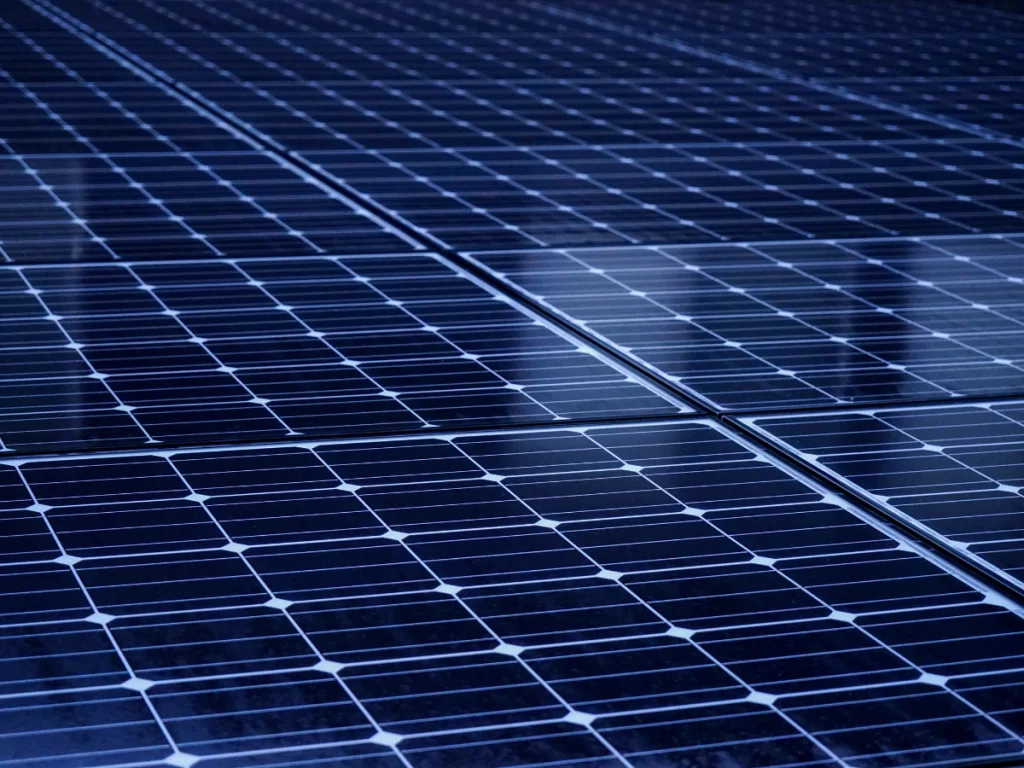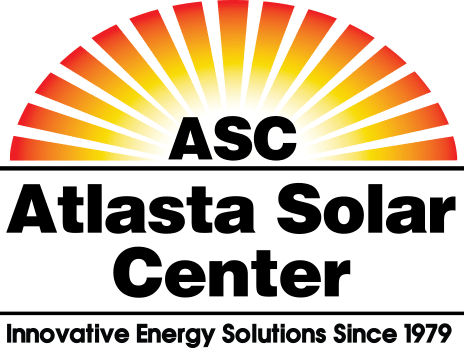Are you a homeowner looking for ways to reduce energy costs? Tired of paying high monthly electric bills? Then it is possible that you may benefit from solar panels for your home. But first, how do solar panels work, after all? If you’re unfamiliar with how solar panels operate, you may also feel a little apprehensive about making such a large purchase. After all, solar panels do have an upfront cost. So, before investing in them, it’s worth learning more about how they work.
In this article, we explain everything you need to know about solar panels and how they can be of benefit.

What Are Solar Panels and How Do They Work?
Did you know that solar panels have been used by people for more than 100 years? In 1839, Edmund Becquerel, a French physicist, discovered the photovoltaic effect while experimenting with an electrolytic cell. This cell allowed the conversion of sunlight into electricity.
Today, many industries as well as residential and commercial buildings use solar panels to generate electricity. These include remote power systems, such as telephone towers, and large-scale photovoltaic power stations. Ever heard of people transitioning to van life? They too often use solar panels to power their homes.
For homeowners, solar panels can work as a grid-tied, or an off-grid system.
- If you want to sell the excess electricity that your solar panels produce back to the utility company, install a grid-tied system.
- If you want to store excess electricity in batteries for future use, go for an off-grid system.
Solar Energy is Renewable or Sustainable
For those of you that are wondering, solar energy can be both renewable and sustainable.
The main reason why solar energy is that the sun will continue to produce energy as long as it exists. That means depletion from the source is not something we have to worry about for the foreseeable future.
It is also sustainable in the sense that it does not produce harmful emissions. Fossil fuels, by comparison, have off-gassing effects. Solar can also be used over and over again as long as you have storage for the electricity it produces. If you have a solar energy system and produce more than what you need, you can simply store it. Batteries can retain your energy for future use. For these reasons and more, solar is therefore a cost-effective solution in the long run.
How Much Do I Need to Spend on Solar Panels?
The most common concern of homeowners is the cost of setting up solar panels.
The cost of having solar panels installed in your home varies from state to state. However, according to SEIA estimates, the average cost of a residential solar panel system is $2.94 per watt.
The overall cost can be lower if you live in a state with a lot of sunny days because you will be generating more electricity, and therefore, will have a higher return on investment. For the upfront cost, the usual 5kW system can cost you about $11,000 which is a fairly good amount considering the long-term savings you’ll be getting. By installing a 5kW system, for example, you can expect to save up to 20% of your energy bill which translates to bigger savings in the long run. If you’re curious to learn more, check out our article on “why are solar panels so expensive?“
Finally, in case you were wondering, too: yes, solar panels can power an entire house.

How Long Do Solar Panels Take To Pay For Themselves?
There are many factors that influence how long it will take for your solar panels to pay for themselves. These include the cost of installation, the amount of electricity you consume, the amount of sunlight your area receives, the incentives and rebates available, and the price of electricity.
Assuming all other factors are constant, it would usually take about six to ten years for your solar panels to pay for themselves. However, this number can be lower or higher depending on the variables mentioned.
Wondering “why is my electric bill so high with solar panels?” There are many factors to solar energy, of course. If you have concerns, reach out to us at Atlasta Solar and we’ll be happy to help you find answers.
What Are the Main Disadvantages of Solar Energy?
With its fair share of advantages, solar energy also has a couple of disadvantages.
The high initial cost is one of the main reasons why some homeowners are still hesitant about making the switch. Even with the available incentives and rebates, it can still be quite costly to have solar panels installed in your home.
Since the main source will be dependent on the sun, solar energy is also not available 24/7. This means that you will still need to have an alternative source of energy or just use it for backup purposes as well as emergency situations. They can also take up a lot of space so having an average-sized solar panel system might not be a good option for those with smaller homes.
Solar panel size can also be an issue with some smaller homes.
The Bottom Line
Still undecided if solar energy is the right choice for you? Just remember that even with its disadvantages, solar energy is still a renewable and sustainable source of energy that can help you save money. Not to mention, it’s also a great way to help preserve our environment, so if you are one of many advocates for going green, this is one of the best things you can do. To help you with your decision, feel free to contact us at Atlasta Solar Center. We provide complimentary solar site analysis to help you determine if your home is a good candidate for solar panels, and will guide you through the process from start to finish.
